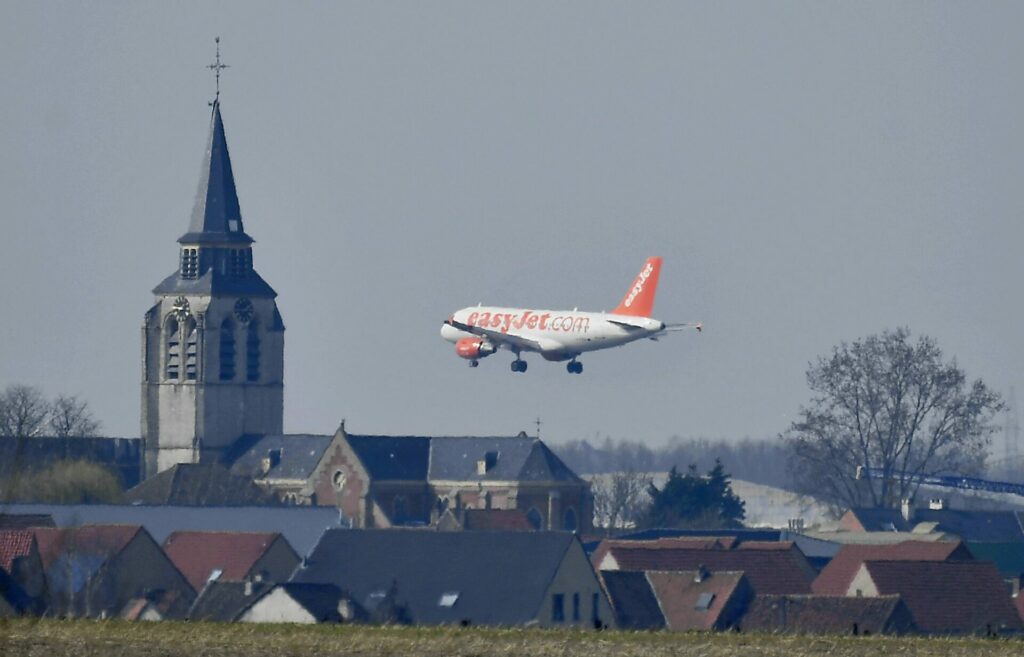The 28th UN Climate Change Conference is now underway and the European Investment Bank (EIB) annual global climate survey gives insight into public attitudes towards the challenges that define modern geopolitics. Among other findings, it shows that Belgians largely desire tougher measures to curtail greenhouse gas emissions.
To achieve climate objectives, 72% of Belgians are in favour of putting an end to the subsidies and tax breaks enjoyed by the aviation sector – one of the biggest consumers of fossil fuels and a major contributor to global warming, despite the fact that it serves a small fraction of the global population. The International Energy Agency (IEA) estimates that around 90% of the global population flies only once a year or not at all, whereas around 6% fly more than twice a year and just 1% fly more than five times a year.
In the EU, airlines pay zero duties on aviation fuels, unlike other transport modes. In addition, airline tickets are exempt from VAT. Together these exemptions amount to billions of euros each year – money that might otherwise be used to finance a green transition. Cabon4, a French environmental think tank, calculated that commercial aviation represents between 2.5 and 3% of annual global greenhouse gas emissions.
Removing subsidies would certainly reduce the number of flights (and therefore the pollution created) because operating costs would increase, raising ticket prices for consumers and entailing a reduction in bookings. To illustrate the climate problem of flying, a single return flight from Brussels to New York would account for 20% of annual emissions for the average Belgian.
Airlines are expected to continue growing operations, all while seeing record profits. The often bullying tactics used by some aviation companies have been strongly criticised, with some questioning why airlines should be allowed to continue benefitting from preferential treatment when they are so contrary to climate objectives.
Belgian climate concern
The EIB survey found that Belgians are among the most climate-conscious Europeans, with opinion scores similar to those in Germany, Denmark and France.
Although Belgians overwhelmingly agree that the green transition must not lead to greater social inequality, they are nonetheless more willing to endorse measures that would also impact individual consumers – such as dropping aviation sector subsidies. This is much less the case in other EU Member States, who wish for measures to be taken at the EU or national level that will limit the affect on individuals.
Commenting on the survey's findings, EIB vice-president (and former Belgian deputy Prime Minister) Kris Peeters spoke of the clear need for "surgical measures" that are precise in what they target.
Related News
- Belgium in Brief: Planes, principles and the planet
- Brussels-Berlin night train review: Niche nostalgia or rail for the future?
- End of the budget airline? Why aviation costs will stay high
Already in Belgium and elsewhere in Europe, a destructive anti-climate backlash has undermined efforts to bring down emissions. This has been the case with the nitrogen debate in Flanders, scepticism about climate change promoted by populist politicians, and EU regulations misrepresented and diluted by opponents.
Pointing to Belgium's fractured political structure which spreads authority across regions, Peeters stressed the need for climate measures to be harmonised. Only through deep cooperation can we prevent climate measures from exacerbating underlying inequalities.

